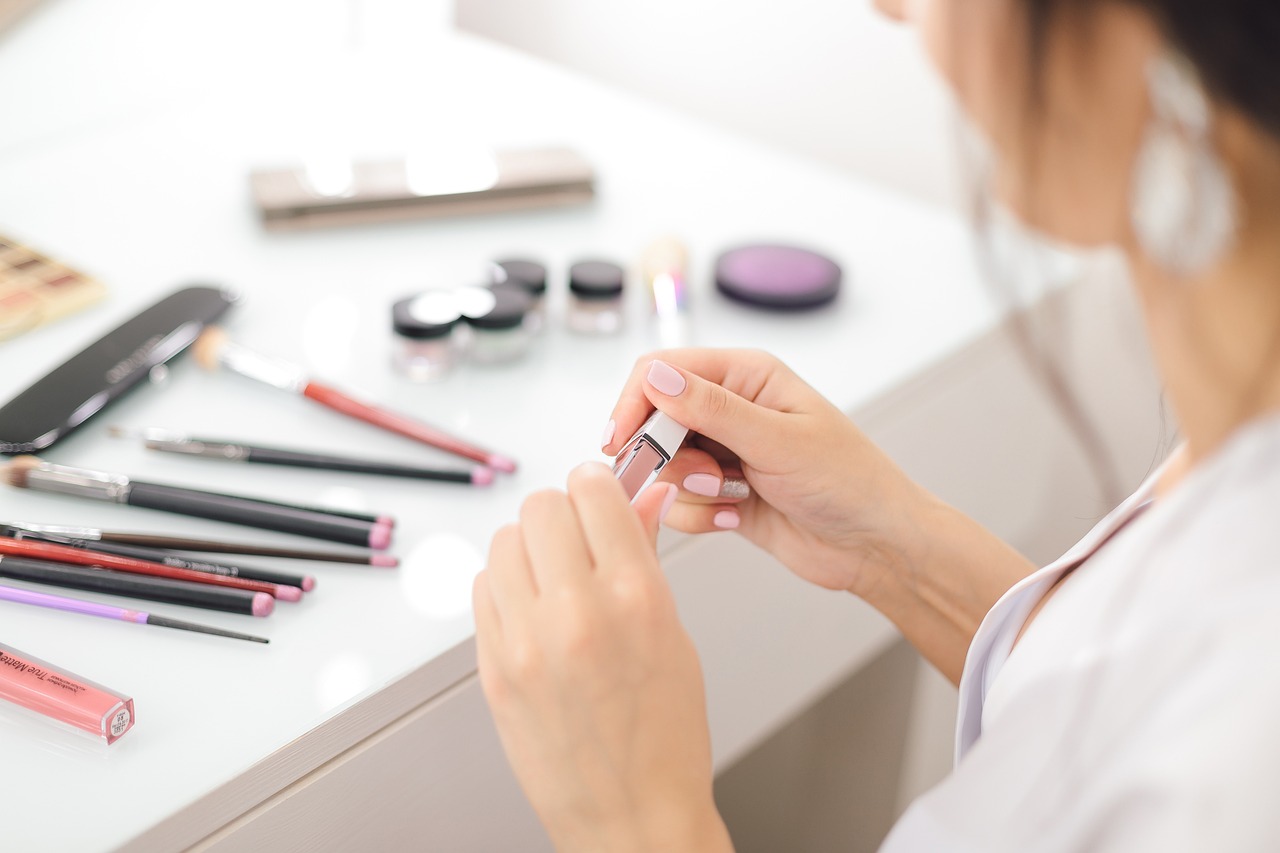A recent California bill aimed at prohibiting the sale of certain anti-aging skincare products to children under 13 has sparked discussions about the “Sephora kids” trend, where children as young as eight or nine are using these products purchased from beauty retailers like Sephora. Despite the bill’s failure, experts argue that the issue lies more with social media and marketing tactics than with the products themselves.
Social media platforms like TikTok have become hubs for beauty trends, with millions of users sharing videos showcasing their skincare routines and “hauls.” This trend coincides with the booming beauty industry, which generated $430 billion in revenue in 2022, primarily driven by skincare sales.
While dermatologists warn about the potential risks of using these products on pediatric skin, such as irritation and allergic reactions, the Personal Care Products Council argues that the ingredients targeted by the bill are safe when used appropriately.
Experts emphasize that the problem stems from the pressures created by social media, where influencers and online content normalize the use of luxury skincare products among young audiences. Additionally, the beauty industry’s marketing tactics, including colorful packaging and product names, contribute to the allure of these products for tweens.
Despite concerns, some argue that skincare routines can instill positive habits in children, provided they use appropriate products. However, there is a call for greater responsibility from the skincare industry to ensure that their marketing does not target children inappropriately.
As discussions continue, the “Sephora kids” trend underscores the influence of social media on youth culture and the challenges of regulating beauty product access in the digital age.














Leave a Reply